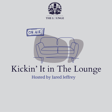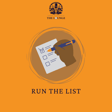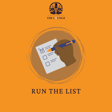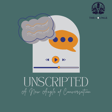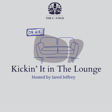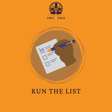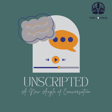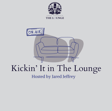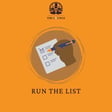
Kickin' It with the HPLA Chairs
In this episode of Kickin’ It in The Lounge, Jared sits with the SNMA HPLA Chairs and discusses the importance of civic engagement (especially amongst physicians), SNMA/HPLA’s partnership with the nonprofit organization Vot-ER, the Healthy Democracy campaign, and National Voter Registration Day on September 17th! Tune in to stay informed on why being politically active as health professionals is paramount, and be provided a clear reminder on why it’s crucial to register to vote AND show up and show out to the polls this November!
Be sure to continue to stay tuned for more of our upcoming programming being released here on The Lounge!
Click here to get started on registering to vote/checking your voter registration status: http://vote.health/snma
